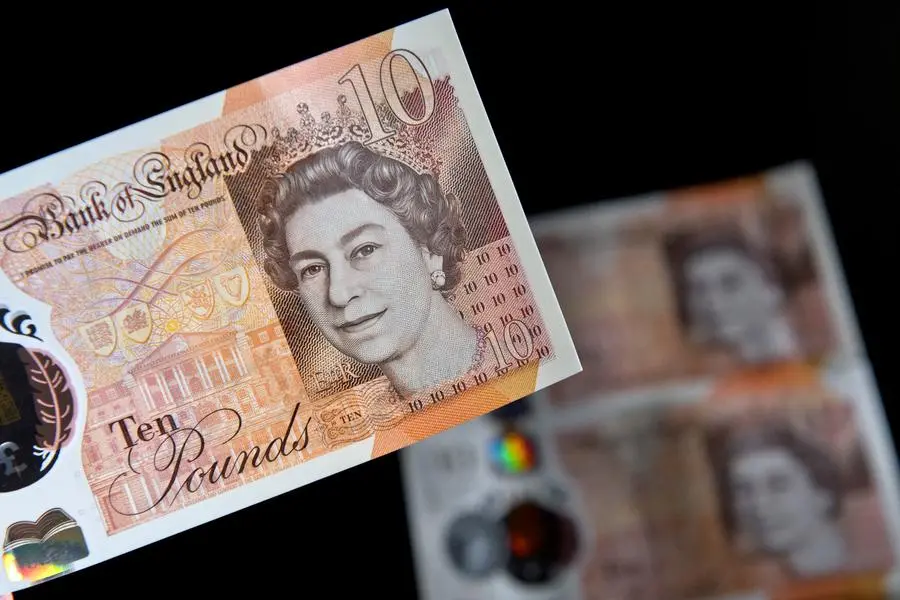PHOTO
British state borrowing jumped last month on fallout from costly energy support and soaring inflation, official data showed Tuesday.
Public sector net borrowing hit £13.5 billion ($16 billion) in October, from £9.2 billion a year earlier, the Office for National Statistics said in a statement.
"October's high borrowing figure largely is a consequence of the government's decision to shield households from most of the surge in energy prices," said Pantheon Macro analyst Samuel Tombs.
The government unveiled household energy support measures earlier this year to cushion a cost-of-living crisis, as prices rocketed after key producer Russia's invasion of Ukraine.
Decades-high inflation, fuelled largely by sky-high energy bills, also saw interest on debt repayments balloon last month.
"It is right that the government increased borrowing to support millions of business and families," finance minister Jeremy Hunt said in response to the data.
"But to tackle inflation and ensure the economic stability needed for long-term growth, it is vital that we put the public finances back on a more sustainable path."
In a key budget, Hunt last week hiked taxes and slashed spending to try and balance the books and cool rampant consumer prices.
The ONS added that total debt rose in October to almost £2.46 trillion or 97.5 percent of GDP.
This was driven by the ongoing impact of emergency pandemic spending, in tandem with falling tax receipts in the faltering economy.





















